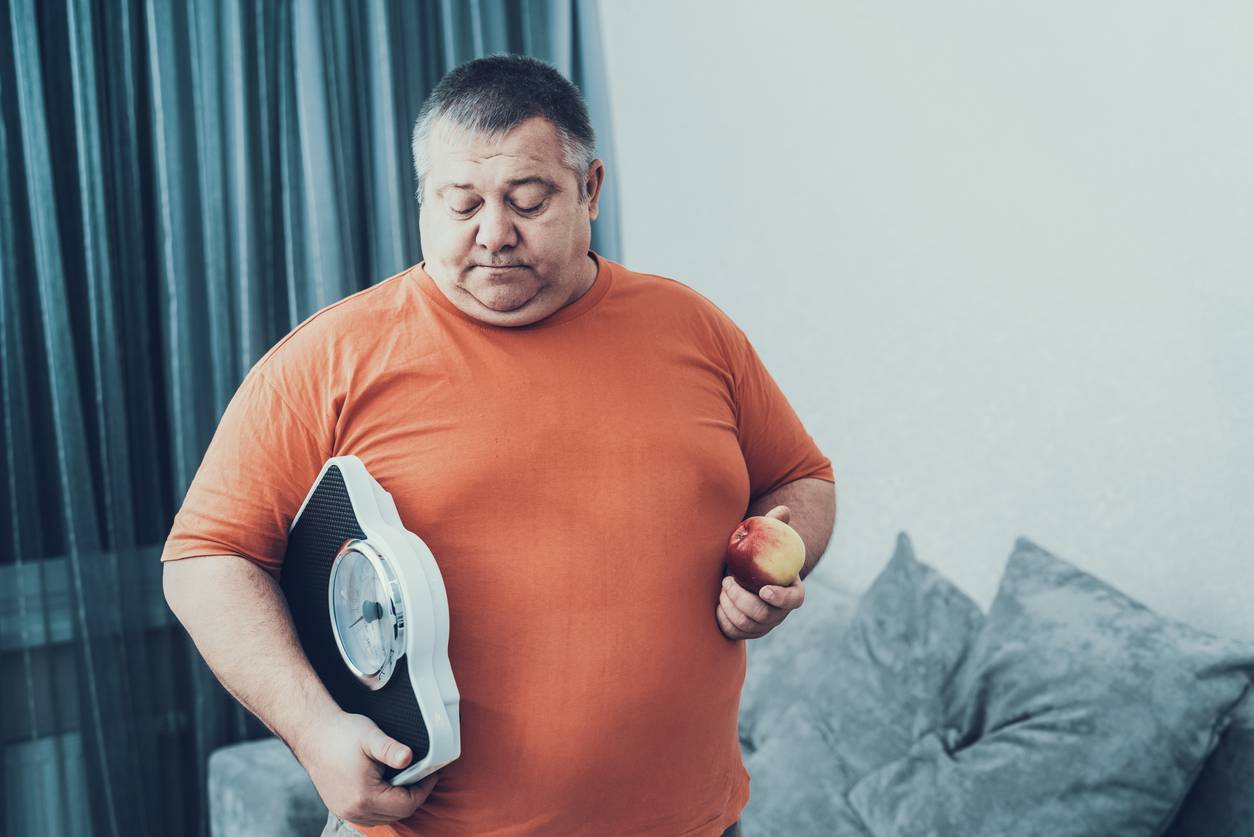Managing Fatigue And Low Energy During Mounjaro Treatment
Like all medications, Mounjaro has some side effects. One of the most common is fatigue. When taking Mounjaro, energy levels can fluctuate because you’re consuming fewer calories. This means your body doesn’t have as much fuel as it did before, so may slow down a little to conserve energy.
It’s common to feel more tired when taking Mounjaro. But there are some steps you can take to reduce fatigue and naturally boost your energy levels.
The key to managing fatigue on Mounjaro is self-care. Eating well and getting enough rest could help you to feel more energetic and may help you cope better with this common side effect. You may also find that you feel less tired as your body adjusts to the medication.
Key Takeaways
1 | Fatigue and tiredness typically improve as your body adjusts to treatment
2 | Proper sleep and nutrition can help to maintain energy levels
3 | Some lifestyle adjustments may help reduce tiredness
Understanding Fatigue On Mounjaro
Although studies haven’t found fatigue to be a side effect of Mounjaro, weight loss forums and patient interviews suggest that a lot of people who take Mounjaro feel more tired during treatment.
Mounjaro tiredness may be caused by your reduced appetite. If you’re eating less and consuming fewer calories, your body won’t have as much energy as it did before. This may cause you to feel more lethargic than usual.
Alternatively, it may be the result of Mounjaro interacting with a part of your brain called the hypothalamus. This regulates the sleep-wake cycle and any medication that affects the hypothalamus can disrupt this cycle.
While it’s normal to feel a little more tired when taking Mounjaro, if you’re experiencing extreme fatigue, you may need to speak to a doctor or medical professional.
You can find out more about the medication and how it affects the body by taking a look at our Mounjaro side-effects guide.
Daily Energy Management
Getting good quality sleep is important for daily energy management when taking Mounjaro. If you’re struggling to sleep well, try to improve your ‘sleep hygiene’. This means creating a relaxing and calming sleep environment and putting routines in place that help make sleep a priority.
For example, you could try to go to bed at the same time every night and wake up at the same time every morning. Removing TVs, smartphones and other electronic devices from the bedroom can also help you fall asleep more easily.
As well as sleep, it’s important to eat well. Getting plenty of nutrients - and avoiding ultra-processed foods that are high in sugar and fat - may help to ensure your body has the fuel it needs to cope with daily activities.
If fatigue is affecting your daily routine, try pacing your activities so you have time to recover before doing something else. While this may not always be easy, it’s important to look after yourself while taking Mounjaro if you’re going to get the best possible results.

Lifestyle Modifications To Manage Tiredness
While taking Mounjaro, your first month is likely to be full of lifestyle modifications. Exercise is one of the most important.
Studies have shown that the quickest and most effective way to boost your energy levels is to do more exercise. Doing at least 150 minutes of aerobic exercise per week could help you to feel stronger, more energetic and less tired on a day-to-day basis.
Planning your meals so you eat well every day can also help you to manage tiredness. Try to pack as much nutrition into your daily diet as possible, and avoid foods that are high in fat, sugar and additives as they can aggravate Mounjaro side effects - like nausea and diarrhoea - and make you feel more tired.
Another important factor to consider is stress. Stress has been linked to chronic fatigue, so finding ways to ease stress and reduce anxiety could help you to feel more energetic.

When To Consult Your GP
It’s normal to feel tired every once in a while, and Mounjaro can make you feel more fatigued than usual. However, you may need to consult your GP if:
- your tiredness lasts more than a week or two
- you have a low-grade fever
- you experience shortness of breath
- you lose your appetite
- fatigue is affecting your daily life
Make sure you tell your doctor you’re taking Mounjaro. This could help them to identify the root cause of your fatigue and get your energy levels back on track.
It is essential that you speak to a licensed medical professional before starting any weight loss medication. They can provide personalised, expert guidance, assess potential risks and ensure that your chosen treatment is safe and suitable for your health needs.
If you’d like to find out about the different weight loss medications available, we’re here to help. Our discreet, free consultation takes only three minutes and will help you find the right treatment plan for your weight loss journey.
Sources:
https://www.secondnature.io/guides/lifestyle/glp1s/mounjaro-side-effects
https://www.health.harvard.edu/staying-healthy/ways-to-maximize-your-energy
https://www.sleepfoundation.org/sleep-hygiene
https://www.healthline.com/nutrition/symptoms-of-stress
https://www.health.harvard.edu/staying-healthy/when-should-you-worry-about-fatigue
Related Weight Loss guides
About the Author
Scott is one of the two founders of The Independent Pharmacy. He is a registered pharmacist and the registered manager of our service with the CQC.
About the Reviewer
Dan is an experienced pharmacist having spent time working in both primary and secondary care. He currently supports our clinical team by providing robust clinical governance review of our internal processes and information.